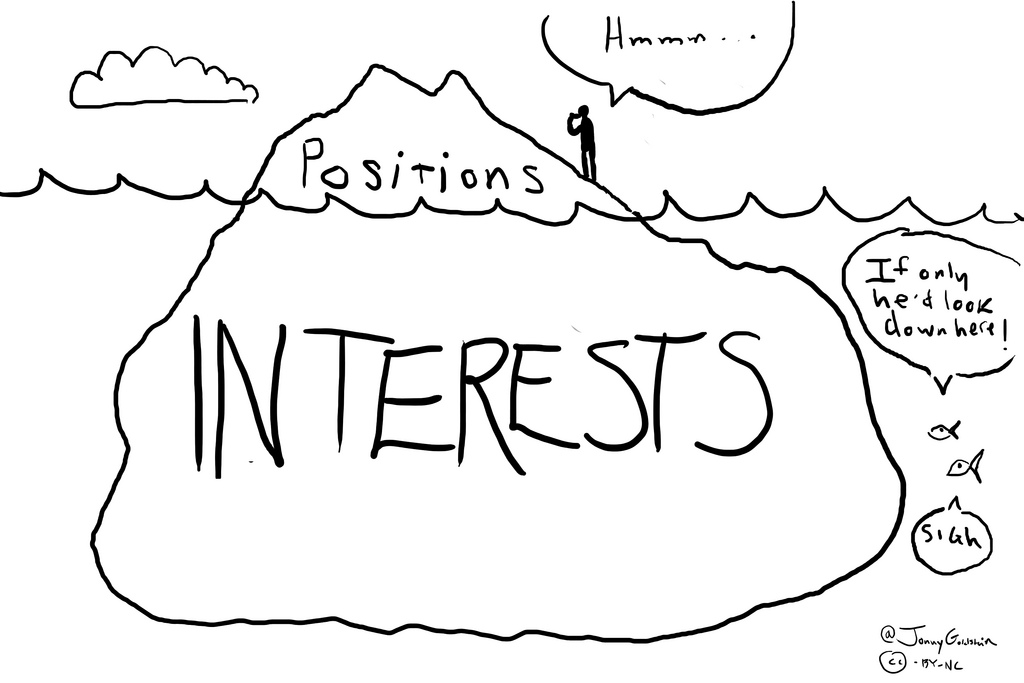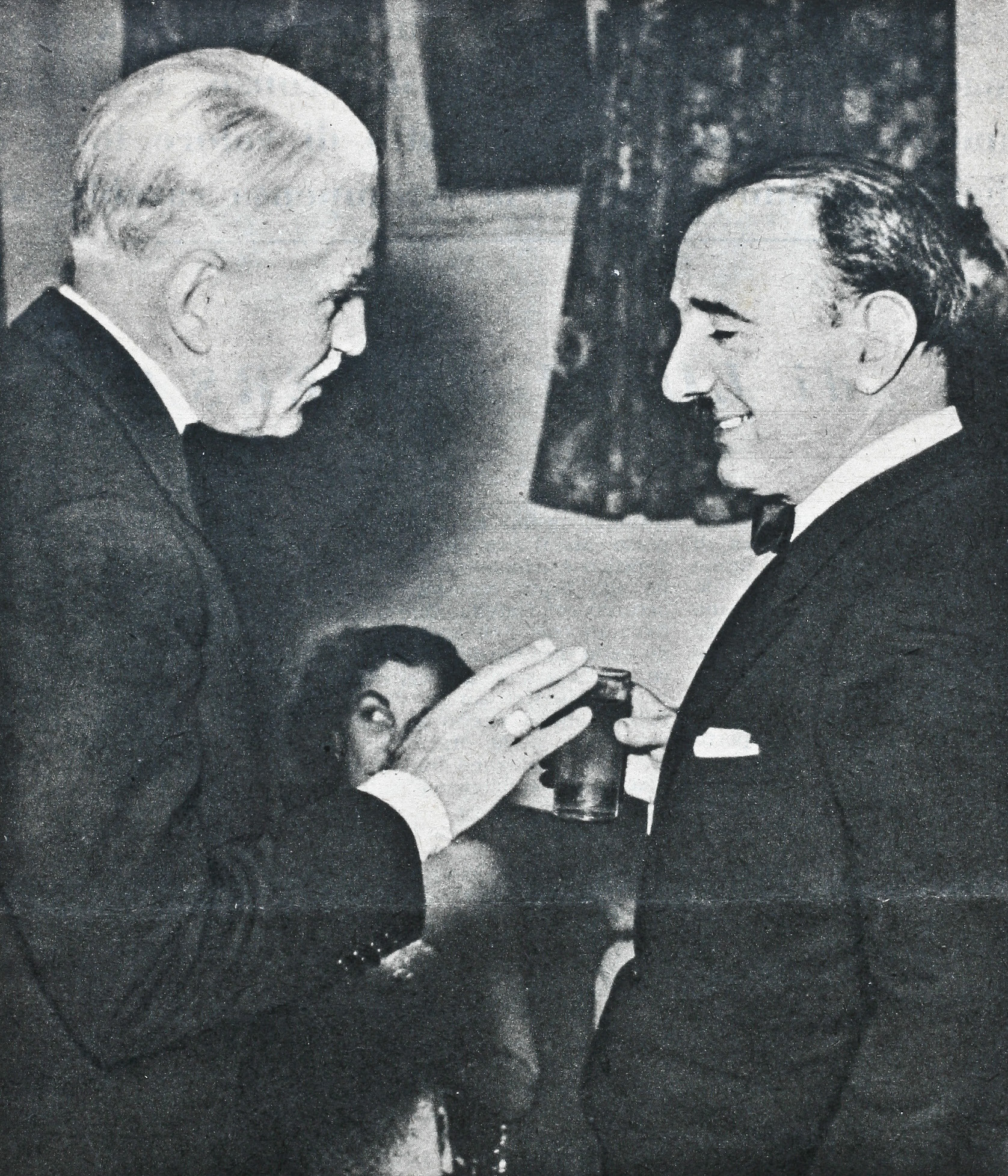There is very little that happens in our day that doesn’t require some sort of negotiation. Those who study or even actively think about negotiation have a distinct advantage over those who enter in ignorance.
Here you’ll find some tips to better negotiate in everyday situations:
1. Know when to shut up: The most powerful tool in negotiation is silence. The important thing is to know when to use it. Ironically, the more you stay silent, the more likely your adversaries will expose themselves and give you the advantage.
2. Think of the long term: Always think about how what you say and do can help establish a long-term business relationship. A long-term relationship not only makes negotiating easier the next time, it also makes your business world a better place.
3. Say no: Many of us want to be agreeable and positive and say yes whenever we can, but that’s not the way to get what you want in a negotiation. You first have to know what you want out of the negotiation, and then if you don’t get it, just say no until you do.
4. Look at what’s good for all concerned: During negotiations, remain emotionally detached from the outcome, and rather than focusing on exactly what you want, focus on a result that is in the best interest for all concerned. You’ll either walk away with a great deal in hand or walk toward something even greater.
5. Be ready to walk away: If you feel frustrated, threaten to walk away from the negotiations. Nine times out of 10 the other party then will make concessions. This confirms the long understood negotiation reality that the person willing to walk away is in control.









